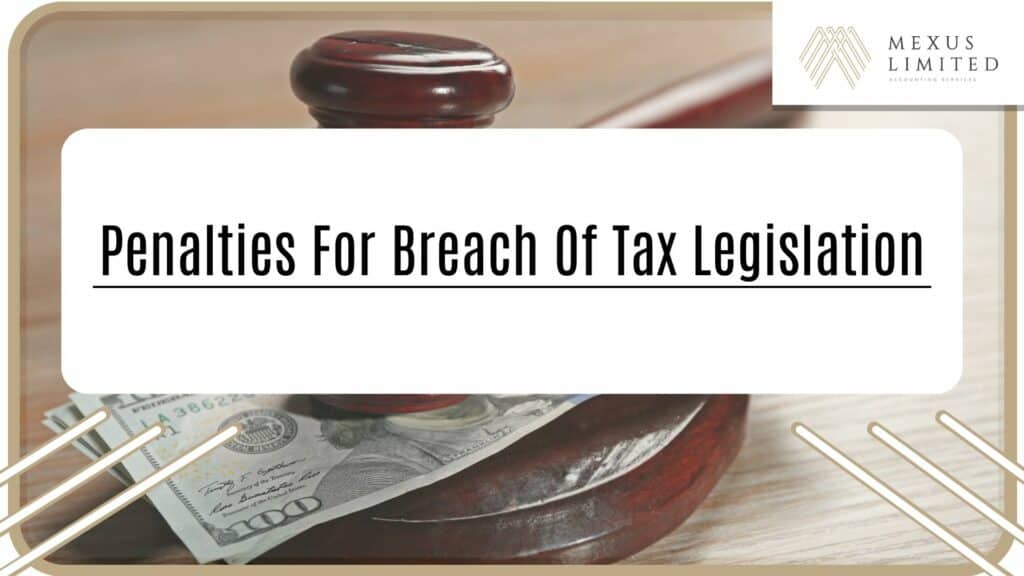Penalties for breach of tax legislation

Controversial issues
The final outcome of the revised assessment is negotiated or settled.
If a taxpayer contravenes the IRO, the Commissioner of Inland Revenue (CIR) may initiate prosecution, impose a fine in lieu of prosecution or assess additional tax in accordance with the tax legislation. The Commissioner will decide which penalty to apply based on the amount of tax undercharged, the sufficiency of evidence, the nature of the offence, the extent of the offence, whether the breach is well planned and how long the breach has lasted.
Generally speaking, the Commissioner will prosecute an employer for failure to comply with the tax laws or a taxpayer for failure to keep rent and business records, and the person will be fined and ordered to make good the non-compliance. Prosecution will be taken against a taxpayer who, without reasonable excuse, commits a contravention, resulting in a fine and an additional fine equal to three times the amount of tax undercharged for the following acts:
Failure to notify the Council of taxable matters
Failure to file a return on time or filing an incorrect return
making incorrect claims for deductions or allowances
If a taxpayer knowingly evades tax or assists another person to evade tax, he/she is liable to a fine of three times the amount of tax undercharged and to imprisonment for three years. The conduct includes:
Omitting any amount from a tax return
making false claims for deductions or allowances
signing untrue statements or tax returns
Giving false information and answers
providing false books or records
The percentage of penalty is calculated according to the seriousness of the case. For non-tax investigation cases, a taxpayer will receive a reduction in penalty if:
the amount of tax underpaid is very low
The Inland Revenue Department will issue warning letters for cases where the amount of tax underpaid is below a certain amount.
First time offenders only
The Inland Revenue Department will reduce or even eliminate the penalty in first offence cases.
Taxpayers show good faith in resolving problems
Taxpayers were very cooperative in the process and responded to IRD’s questions or solutions as soon as possible.
Small business size
The taxpayer’s business is simple in scale and the reported turnover is low.
The taxpayer is not highly educated
The taxpayer’s education level is low and he lacks tax knowledge, and his financial means do not allow him to hire professional accountants to help him with his tax returns.
The above information is for reference only. If you have any questions, we welcome your tax enquiries.




